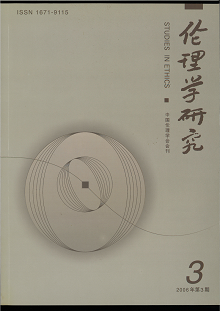|
|
Annotation and Reconsideration of the Confucian Way of Harmony
YAO Xin-Zhong, ZHU Hui-yu
2006(3):
56-61.
Harmony is the culmination of the Confucian way。As the central theme, harmony penetrates all levels and dimensions of Confucian discourses. The Confucian understanding of harmony is primarily related to music. Its major idea is different from identity, and is well connected with virtue, moralization, emotions, and politics. Harmony is addressed primarily in the context of the relationship between Heaven and human beings, and Confucians considered that the relationship is primarily one of harmony rather than of confrontation or conflict. The various Confucian schools differ in their understanding of what Heaven is, and consequently they hold different opinions about the harmony between humans and Heaven. Of these opinions, two constitute the mainstream of the Confucian doctrines of harmony; one locating harmony in the oneness of humans and Heaven, the other finding harmony in human conformity to Natural Law. At the same time, the Confucian discourses on harmony are not only a theoretical attempt to search for the secrecy of metaphysical mysteries. They have the strongly practical function of compromising opposition and solving conflict. As a resolution of conflict, the way of harmony concentrates on three dimensions, which includes individuals, the family and the state within the human realm, and looks for dynamic order and peace.
|



